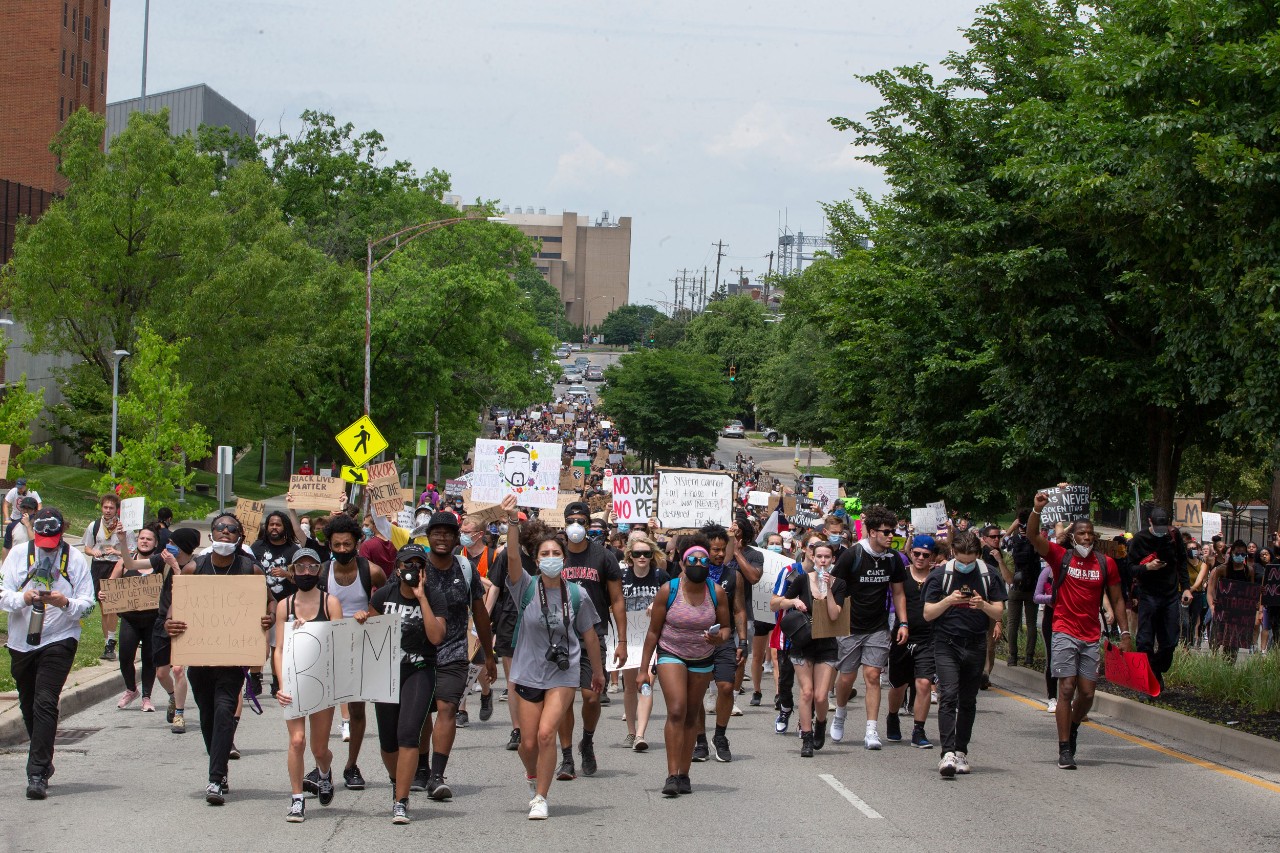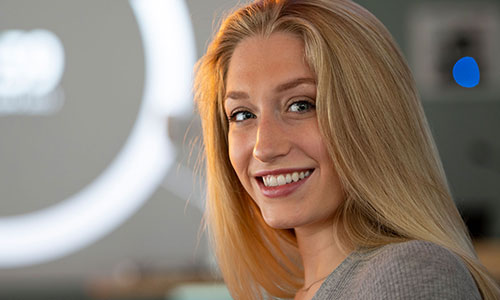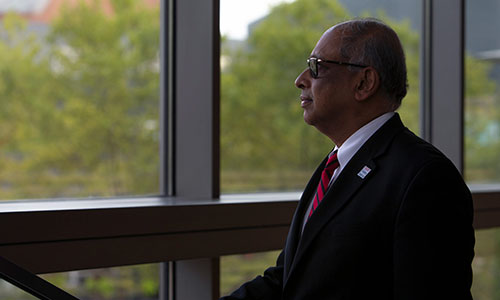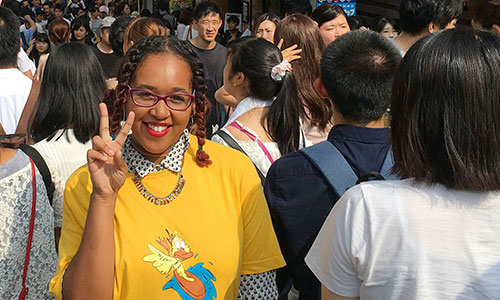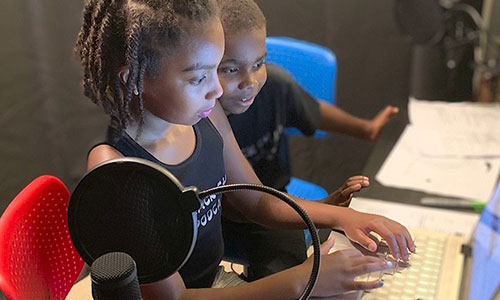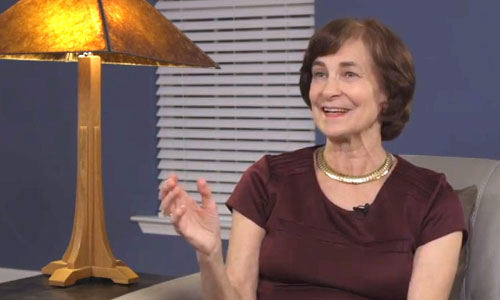Remotely possible
When did the COVID-19 pandemic first make an impact on your life? March 10? That was the day the University of Cincinnati decided to change something it has excelled at for 200 years. Teaching. Educating. That day UC announced that all lectures in classrooms, experiments in labs or designing in studios would be suspended. Students started what was expected to be just an extended spring break, but then 12 days later all courses had gone virtual to protect the university community and stop the virus’s spread.
